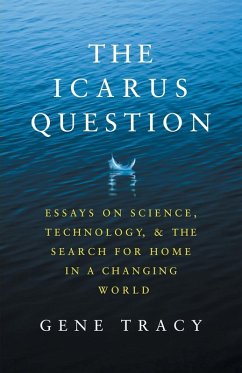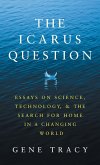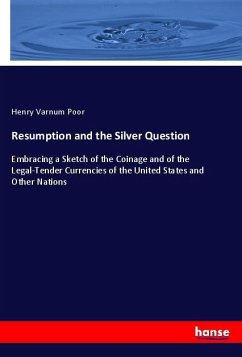Daedalus, the great inventor of ancient myth, fashioned wings so that he and his son Icarus could escape imprisonment. But it all went awry when Icarus ignored his father's warnings and flew too close to the Sun. We know how that story ends-or do we? In The Icarus Question, physicist Gene Tracy offers reasons to hope that humanity's urge to transcend our limitations need not lead to inevitable disaster. Weaving together memoir, history of science, mythology, astronomy, psychology and literary criticism, these essays are a point of departure for those curious to understand how science, technology and the culture at large can coevolve. From the necessity for empathy and wonder to act as correctives to climate denialism, to how science fiction can school us in the vulnerabilities that make us human, Tracy's probing and humane analysis calls on each of us not just to strive to understand the world, but to learn to love it better too. Only then will our children have a chance at being able to make a home on that far shore we call 'the future'.
Hinweis: Dieser Artikel kann nur an eine deutsche Lieferadresse ausgeliefert werden.
Hinweis: Dieser Artikel kann nur an eine deutsche Lieferadresse ausgeliefert werden.








